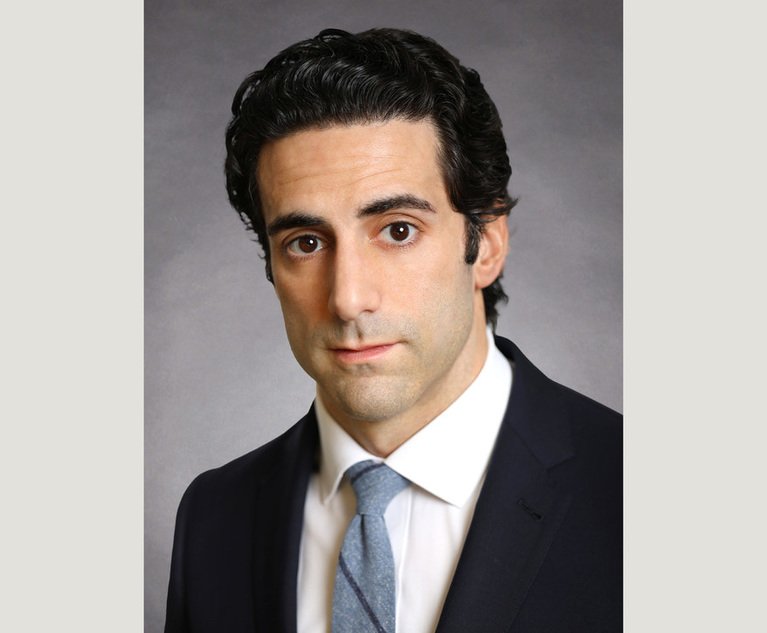A cold war is brewing between the NCAA and state legislatures over college athletes’ right to profit from their name, image and likeness (NIL). Over the past four years, the NCAA has aggressively lobbied Congress to pass a uniform NIL standard. Broadly speaking, the NCAA has proposed legislation that would create a national NIL registry; formally designate student athletes as nonemployees; and offer the NCAA a limited exemption from federal antitrust laws. Roughly a dozen bills have been sponsored by Democrats and Republicans alike, though none has ever advanced to a vote.
On June 30, 2021, the NCAA approved an interim NIL policy, which allowed all athletes in Divisions I, II and III to be compensated for commercial use of their name, image and likeness regardless of whether their state had an applicable law in place. In issuing the policy, the NCAA preserved its ban on “pay-for-play” and other improper inducements tied to an athlete’s enrollment at a particular school. The NCAA subsequently amended the policy as of Jan. 1 lowering the threshold for presumed violations. Concurrent with the amendment, the NCAA bolstered its enforcement staff and broadened their authority to investigate potential infractions.


 Andrew G. Hope of Buchanan Ingersoll & Rooney. Courtesy photo
Andrew G. Hope of Buchanan Ingersoll & Rooney. Courtesy photo




